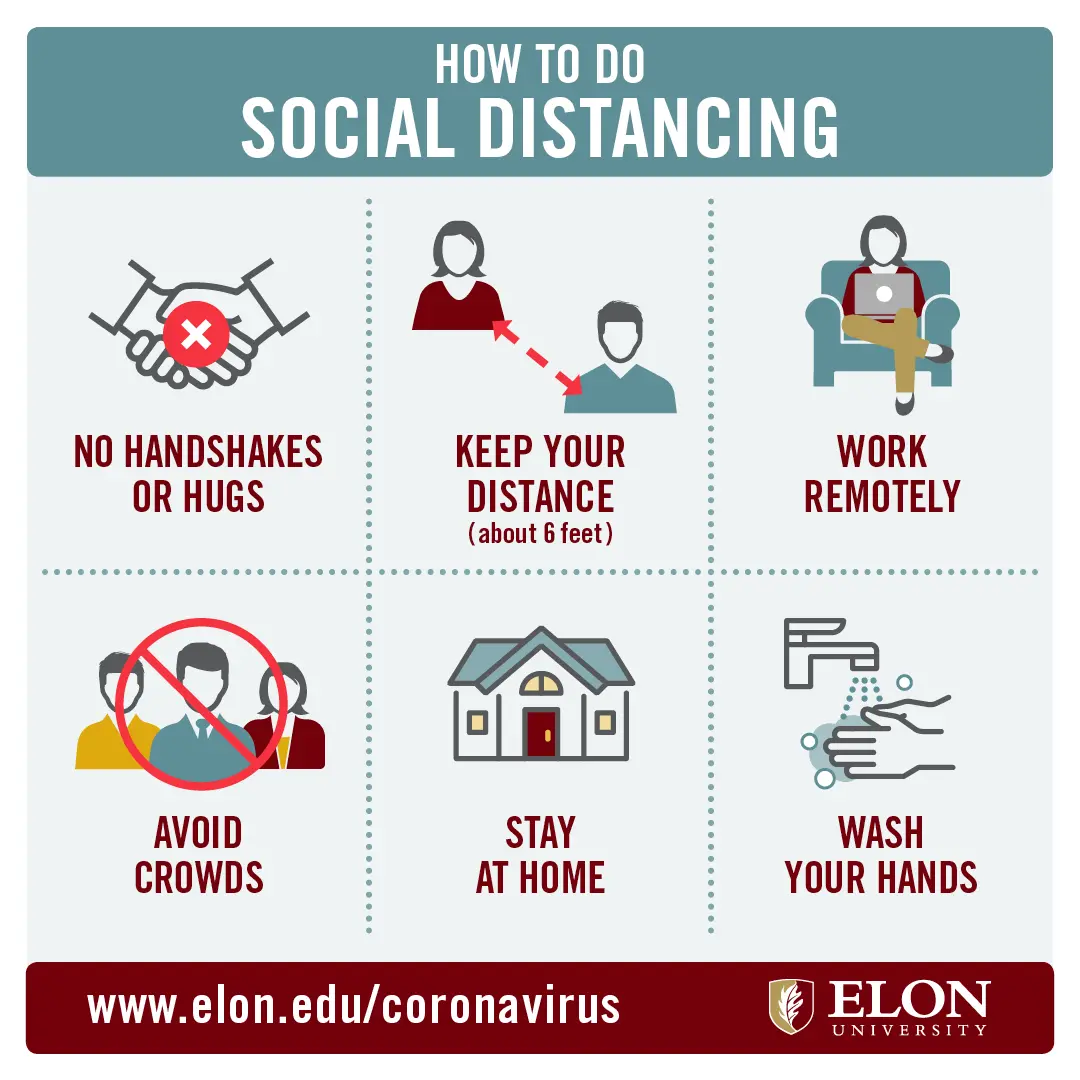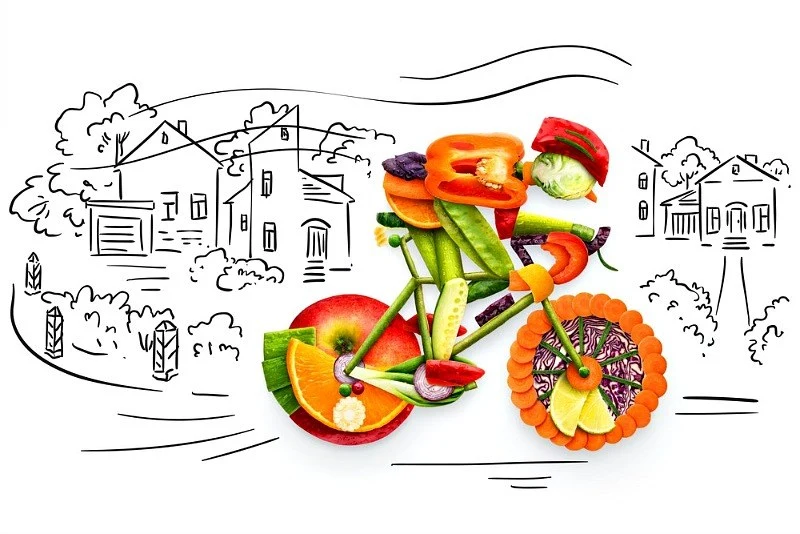Hydraulic Drifter Spare Parts,Rock Drill Spare Parts,Air Rock Drill Yantai Tianbing Construction Machinery Co., Ltd , https://www.tbbreaker.com
Is it safe to train during pandemic?
A commonly held belief is that prolonged intense workouts, such as endurance races, can weaken the immune system. While there is evidence supporting this claim, it’s also true that a regular routine of moderate exercise, especially cycling, seems to have particularly positive effects on overall health and wellbeing—including boosting the immune system.
With restrictions in place across the country, it’s understandable to feel uneasy about continuing an outdoor training regimen. If you live in a densely populated area where finding an open space to enjoy alone is nearly impossible, you might need to adjust your training schedule. However, if you’re fortunate enough to live in an area with abundant parks, preserves, or open spaces, there’s little reason to panic. As long as you follow proper safety measures, you can minimize your risk of infection. After all, the coronavirus spreads through person-to-person contact, so simply keeping your distance significantly lowers your risk.

### Most Common Questions
Before heading out for a training session, it’s important to understand how you can best protect yourself and others.
#### Will training put my immune system at risk? MAYBE.
Whether or not your immune system is compromised depends on many factors, including nutrition, sleep habits, stress levels, pre-existing health conditions, and adherence to COVID-19 precautions. How you approach training can also influence your immune system, depending on the intensity and duration of your workouts. There are several simple ways to boost your immune system, such as making minor habit changes.
Moderate exercise is beneficial for your immune system, but extremely intense workouts that are also long in duration can hardly be classified as "moderate." For a better understanding of what constitutes "moderate exercise," the CDC suggests activities like walking at a moderate or brisk pace of 3 to 4.5 mph, cycling at 5 to 9 mph on flat terrain, or stationary biking with moderate effort. When starting a new physical activity, especially if you haven't exercised in a while, it's crucial to ease into it slowly to build strength, endurance, and tolerance. Over time, you can gradually increase speed, weight, or repetitions to avoid overtaxing your body and immune system. For seasoned athletes, it's best to rely on perceived effort to gauge your activity level. Exercising at conversational pace—where you can still talk comfortably—falls under heart rate zone 2, which is known as "base building." This type of exercise is safe on the joints and excellent for cardiovascular health.
#### How does exercise affect my immune system? DEPENDS.
A moderate exercise or training program is linked to better heart health, weight loss, enhanced physiological function, and overall improved immunity. Cycling, in particular, seems to offer several advantages that other forms of exercise might not, such as being low-impact, having anti-aging effects, and promoting good mental health.
The profound effects of cycling are illustrated in a UK study involving 125 cyclists aged 55 to 79. Their blood samples were compared to two control groups: non-exercisers within the same age range and younger adults aged 20 to 26. The results suggest that maintaining a certain level of physical fitness might have anti-aging effects:
- Cyclists in their 50s and 70s had body fat levels similar to those in their 20s. Higher body fat is associated with an increased risk of certain health conditions, some of which can compromise the immune system.
- Cyclists maintained thymus gland sizes consistent with those of 20-year-olds. The thymus gland, which plays a critical role in the immune system, tends to shrink after the 20s. These findings are significant because the thymus gland is vital for producing T-cells.
- Cyclists' immune system functionality and T-cell counts matched those of young adults. T-cells are white blood cells that defend against harmful pathogens, making them essential for a strong immune system.

#### Is it a good idea to train right now? YES.
As long as you're willing to adjust your training routine and aren't in an area where restrictions prevent you from cycling outside, training outdoors is a fantastic way to give your body and mind what they need: fresh air, physical activity, and a change of scenery.
Nearly anyone can benefit from a good bike ride, but research shows that certain groups might find cycling especially advantageous: men, individuals dealing with specific mental health conditions, and those experiencing significant stress. The psychological effects of living through a pandemic, including the practice of social distancing, can be stressful for everyone, even the most laid-back individuals. For those who thrive on social interaction, anxiety and depression could worsen for those already affected by mental illness.
A notable study published in *The Lancet* suggests that cycling might be the most effective stress-reducing exercise. The data included responses from over one million U.S.-based participants about their health and exercise habits. The study found that cycling ranked above all other aerobic activities, coming in second only to team sports by 0.7 percent. This suggests that cycling could be one of the best ways to combat lockdown anxiety and support your immune system.
#### Should I adjust my training? YES.
If you've been preparing for a race, you already know that this season's races have been postponed or canceled. This is more than enough reason to adjust your training. Instead of pushing full steam ahead, you should lighten your workload. While it's possible to train safely during a pandemic, it's not safe to engage in high-intensity, prolonged exercise, as this can negatively affect immunity. With the race season either postponed or canceled, there's no need to train as if you have an upcoming race. If you're just starting out, you likely don't need to pull back. For those unsure of how to proceed or seeking professional guidance, don't hesitate to consult a coach; many coaches now offer their services online.
Without a specific race to prepare for, most endurance athletes should focus on maintaining fitness, improving a limiting aspect of their performance, or perhaps rebuilding a stronger base. Reputable coaches offer numerous maintenance plans; with enough searching, you'll likely find one that aligns with your training philosophy.
---
### Safety Tips
Your safety depends on your decisions. It's crucial to take certain precautions to minimize the risk of contracting COVID-19. Thankfully, most of the following suggestions are straightforward, easy (in theory), and make perfect sense. Even though the coronavirus spreads through person-to-person contact, there are key differences everyone should know about; these differences explain why this virus is so contagious.
#### Keep Your Distance
Social distancing and stay-at-home orders are the most effective ways to limit personal risk of exposure. They also significantly reduce the chances of becoming an asymptomatic carrier who accidentally infects loved ones with underlying health conditions or compromised immune systems. No matter where you train, ensure you maintain a minimum distance of six feet from others. When cycling, this distance should be much larger, as moving riders produce a greater respiratory signature, polluting more air with exhaled breath. Group rides or planned rides with friends should be postponed for now; taking proper precautions now increases the likelihood of enjoying these events once we overcome this challenging time.

#### Hygiene Still Matters
Even though cyclists typically avoid physical contact with others, it's still important to emphasize hygiene. Germs, bacteria, and viral spores are invisible to the naked eye, so it's better to err on the side of caution. Some simple hygienic practices might literally save your life.
The CDC and other research centers continue to stress basic hygiene practices that can help curb the spread of the virus, including frequent handwashing. Keep your hands clean using hand sanitizer or wipes, and avoid touching your eyes, nose, and face. You'd be surprised how often you touch your face while riding until you consciously try not to. When you return home, remove your soiled clothes outside and shower immediately with soap and warm water. Washing with water alone isn't as effective because it lacks the ingredients in soap that break down the virus on a molecular level. Soap reacts with water and viral spores, much like dish detergent breaks down grease on a pan; using only cold water wouldn't clean the pan properly, just as it wouldn't destroy a virus. The main concern should be keeping harmful germs out of your home and eliminating any that might have entered.
#### Be Health-Conscious
Being under restricted movement orders has downsides ranging from mildly inconvenient to detrimental. While the situation itself can't be changed, how each person handles it is unique. It's easy to feel "stuck" or "confined," but this extra time at home could be an opportunity to assess how your daily habits might be impacting your health so you can make necessary adjustments.
- **Exercise:** It's no secret that exercise promotes good health, but it can be easy to overlook its importance during a global pandemic. Binge-watching TV all day might seem like a quick fix for boredom, but getting up and exercising is worth the effort. Physical activity benefits both body and mind, which need care right now. Whether you can exercise outside safely or indoors, prioritize physical activity.
- **Nature's Gifts:** Richard Ryan, a researcher and professor of psychology at the University of Rochester, sums it up perfectly: "Nature is fuel for the soul. Often when we feel depleted, we reach for coffee, but research suggests connecting with nature is a better way to get energized." Studies consistently show that spending time outdoors positively impacts the body in various ways, including physically, biologically, and psychologically. Fresh air and sunlight are linked to improved digestion, lower blood pressure, and a stronger immune system. Spending time outdoors also enhances lung function, sharpens the mind, and boosts emotional health. If you can enjoy the outdoors while following necessary COVID-19 safety measures, do so—it will benefit your body and mind.

- **Nutrition:** Pay attention to what you consume, both food and drinks. A diet lacking in essential vitamins, nutrients, and fluids, combined with overindulgence in junk foods and beverages linked to inflammatory diseases, obesity, and other health conditions, can weaken your immune system and overall health.
- **Sleep:** Studies show that the quality and quantity of sleep directly affects the body's overall functioning, especially the immune system. Lack of sleep compromises the immune system because it doesn't have enough time to regenerate and heal on a cellular level. Poor sleep can make you more vulnerable to illness or prolong recovery, and long-term sleep deprivation can lead to serious health issues like obesity, diabetes, and cardiovascular disease. If you struggle with sleep, consider establishing a consistent sleep schedule to improve your health.
- **Other Health Conditions:** Experts note that certain pre-existing conditions can make someone more susceptible to severe symptoms and life-threatening complications from the coronavirus. These conditions include diabetes, chronic lung disease, cardiovascular disease, chronic kidney disease, and hypertension. It's important to be honest with yourself about your overall health and immunity, especially when dealing with a virus that spreads easily and has a long incubation period.
#### Take It Easy
With the racing season effectively canceled, there's no reason to push your limits during training. Overstressing your body with intense, prolonged workouts can weaken your immune system. Listen to your body and give it what it needs: rest, cross-training, or strength training. A solid cross-training routine can be beneficial in multiple ways: preventing injuries, promoting recovery, and improving overall fitness. Instead of focusing on workout intensity, shift your focus to enhancing full-body fitness.
#### Avoid Unnecessary Risks
Stay safe. Avoid unnecessary risks like reckless jumps or riding at excessive speeds; while thrilling, these choices could result in an injurious crash. Many bike accidents are preventable, as are the resulting injuries. It's never enjoyable to get hurt and end up in a doctor's office or hospital, especially during a time when there's concern that medical facilities might be overwhelmed due to an easily transmissible illness. Make responsible decisions to keep yourself out of medical settings.
During tough times, it's easy to lose sight of what truly matters—our personal health and safety, as well as the health and safety of others, whether they're loved ones or strangers. Our daily lives may look very different than they did just a few months ago, but this too shall pass. Remember—knowledge is only part of the battle. Acting responsibly is equally important. If everyone works together to reduce the spread of COVID-19 by staying informed and following expert-recommended safety guidelines, we can overcome this sooner than later and get back to riding with friends before you know it.
[Get America's best bicycle insurance today!](#)